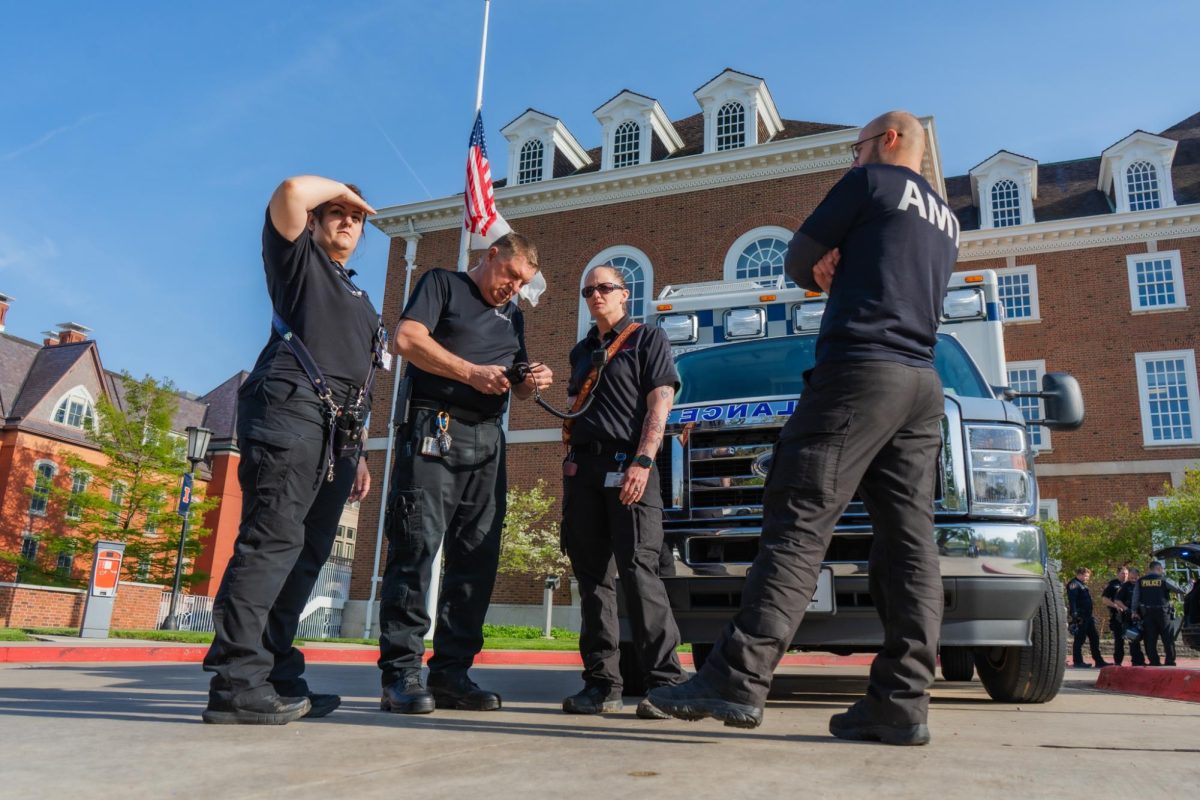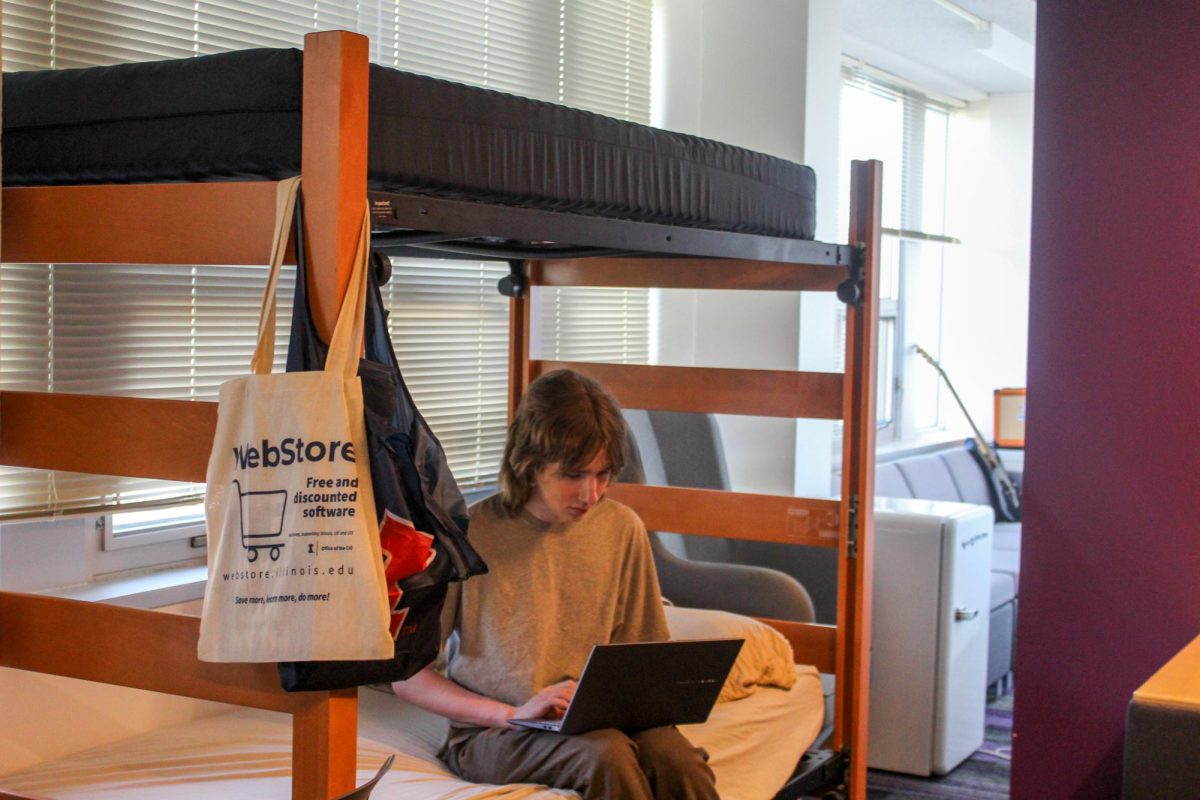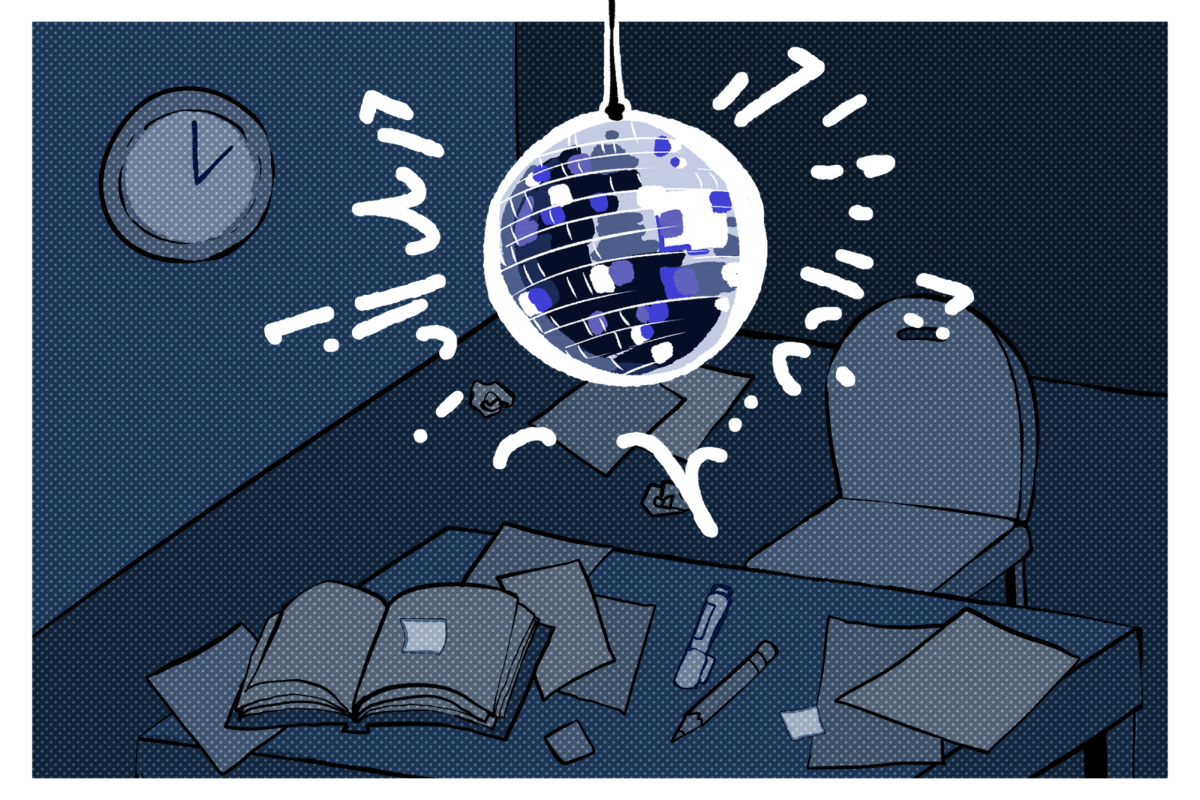College can be a scary experience for a number of reasons. Navigating an unfamiliar environment is no walk in the park. It’s easy to feel alone and vulnerable — even if the community welcomes you with open arms.
The key to making campus your new home is to ensure you feel safe at all times. However, no community is completely crime-free, so it is important to know how to protect yourself.
The University of Illinois Police Department, like any traditional police department, is committed to making campus a safer space for everyone. They provide an abundance of resources available to help you protect yourself and others.
Here is The DI’s comprehensive guide to campus safety:
Emergency phones
Get The Daily Illini in your inbox!
Several emergency phones located throughout campus are distinguishable by their blue color. In the dark, many of them are also lit by a blue light.
The kiosks allow students to press a call button that connects them to the University’s police department in the event of a crime or emergency. Whether you feel unsafe walking home late at night or become the target of a crime, these emergency phones provide a quick and convenient line of communication with the authorities.
A map of all emergency phones, which are in service 24/7, can be found online. It’s a good idea to familiarize yourself with those nearest your place of residence and common routes you take.
SafeWalks and SafeRides
Sometimes, you forget to watch the time, and before you know it, it’s pitch black outside — we’ve all been there. It can be a daunting feat to walk alone at night, especially in more isolated areas of campus. According to the Division of Public Safety, this makes one more susceptible to being targeted by criminals.
“We have student patrol officers who are an extra set of eyes and ears on campus, but (are) also probably best known for providing the SafeWalk service,” said Patrick Wade, chief of staff for the Division of Public Safety.
One of the aforementioned emergency phones can assist you in requesting a SafeWalk, a free escort service by student patrol officers at the UIPD. A trained officer in direct contact with the police will be sent to your location and accompany you in your travels and ensure you arrive safely at your destination.
SafeWalks can additionally be reached at 217-333-1216 anytime after 7 p.m. in the late fall and winter and after 9 p.m. in the spring, summer and early fall. The service is available until 2:30 a.m. on nights before a weekday and until 3 a.m. on weekends.
In cases where you might be traveling a longer distance, SafeRides — a shuttle service provided by the Champaign-Urbana Mass Transit District — may be a better option.
A trip can be requested either through the MTD Connect app or by phone at 217-384-8188. They are only accepted for individuals and small groups of three or fewer in places where standard bus service is not available.
SafeRides take requests until 6 a.m. during the fall and spring semesters and until 12 a.m. during fall, winter and spring breaks.
Illini-Alert
Part of staying safe is being informed about what is happening on campus. Illini-Alert has automated this process with email and text messages that provide information regarding campus emergencies.
Anyone with a University email address will automatically receive emails from Illini-Alert that inform them of the type of emergency and where it’s located. There is also an option to sign up for text message notifications when setting up your NetID or on the University of Illinois Division of Public Safety website.
These messages give students and staff the opportunity to avoid the area where the emergency is taking place.
Once an initial message has been sent, Illini-Alert will provide updates on the situation and whether it is safe to proceed with normal activities.
9-1-1 and other emergency numbers
Whether on or off campus, the best way for students to report a crime is always to call 9-1-1.
“They don’t need to worry about what (department) to call, they can just call 9-1-1 and the dispatcher will get the right resource, the right officer or dispatch team to take the report,” Wade said.
For example, if the dispatcher determines that a call is a mental health emergency, they will send out a Behavioral Health Detective unit. This means that a social worker will accompany an officer on the way to the location.
Additionally, the state of Illinois grants medical amnesty for minor alcohol offenses when you call the emergency number to request help for you or another person. In certain situations, the University will also abstain from disciplinary action.
If you want to report a crime a few days after the fact, you can call the University police department’s non-emergency number at 217-333-1216.
General preventative measures
While there are already many resources at your disposal as a student, it doesn’t hurt to put your own preventative measures in place.
According to Wade, the most common crime on campus is theft.
“The best way to prevent theft is keeping your stuff locked up,” Wade said. “Whether you’re in the residence halls, if you have an apartment, you’re in a fraternity or sorority, always keep your doors and windows locked.”
In residence halls specifically, “piggybacking,” or holding locked doors open for others should be avoided.
For more information on campus safety, one can contact the Community Outreach and Support team on their website for a more detailed presentation on safety.
“Anyone interested in presentations or safety concerns, please don’t hesitate to reach out, we want to do the best we can to help,” Wade said. “Obviously, student safety is our number one priority.”







